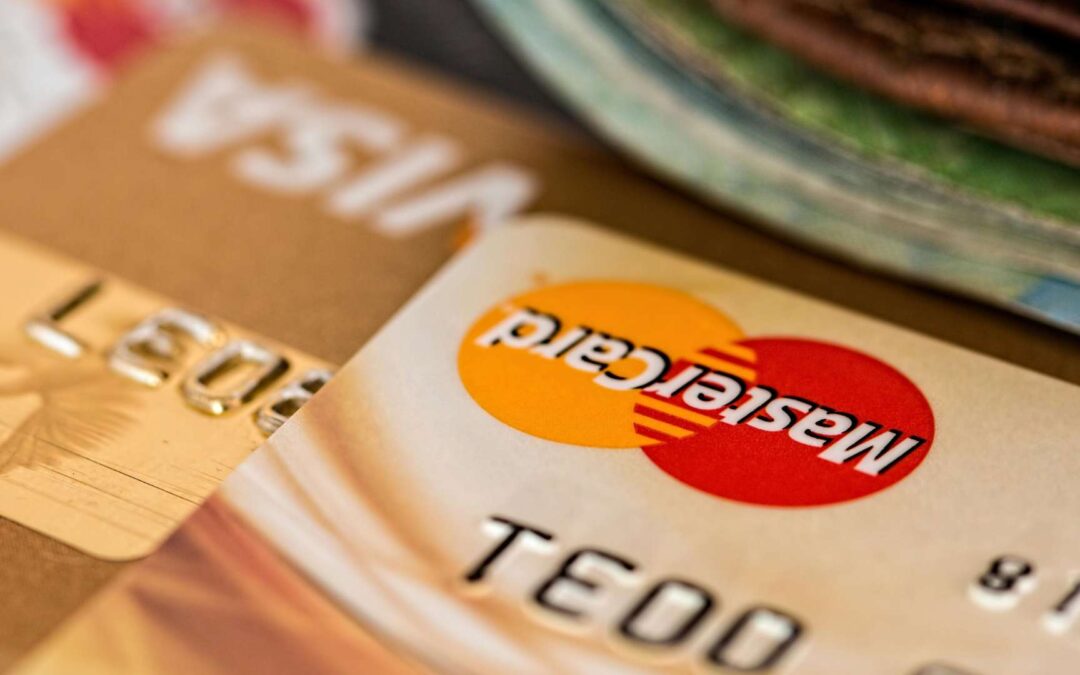If you operate in a high-risk industry, 2025 brings new challenges. Visa and Mastercard are cracking down harder than ever on merchants in sectors like crypto, adult content, supplements, coaching, and online gambling.
These card schemes are tightening dispute thresholds, enforcing stricter monitoring, and placing greater responsibility on both acquirers and merchants. Even if your business is legitimate, poor chargeback ratios or compliance gaps could lead to penalties, account suspension, or even permanent blacklisting.
This article explains what’s changed, who’s most at risk, and what you should do to stay protected.
What’s behind the crackdown?
Visa and Mastercard are responding to growing concerns from regulators, banks, and consumers. There’s been a sharp rise in first-party fraud (also known as friendly fraud), along with increased scrutiny of how card payments are used on platforms hosting high-risk or restricted content.
The result? A coordinated effort to push out non-compliant merchants, reduce chargeback abuse, and increase accountability across the payment ecosystem.
Key factors driving the shift:
- Rising chargeback volumes and fraud
- Reputational risk from illegal or grey-area industries
- Regulatory pressure in the US, UK, and EU
- Media investigations into card use on shady or harmful platforms
What Visa and Mastercard have changed
Visa: Full VAMP enforcement
Visa’s Acquirer Monitoring Program (VAMP) is now fully enforced as of 2025. It combines fraud and dispute monitoring into one framework with no early warnings.
- Above standard dispute threshold: 0.9%
- Excessive threshold: 1.5%
- Acquirers are held responsible for merchants who breach limits
- Enforcement fees apply from the moment thresholds are exceeded
Mastercard: First-Party Trust expansion
Mastercard has rolled out its enhanced First-Party Trust programme, focusing on friendly fraud prevention and transaction transparency.
- Merchants with high rates of “unauthorised” claims are flagged
- Repeat offenders may be added to internal watchlists
- Stronger expectations around billing clarity and refund handling
- Poorly documented customer journeys will attract attention

Industries most at risk
While any business can face enforcement, the following sectors are under closer scrutiny:
- Crypto platforms and exchanges
- Adult content and live-stream services
- Online coaching, mentoring, and high-ticket programmes
- Supplements, CBD, and health products
- Online gambling and prediction markets
These sectors are considered high-risk due to higher fraud and chargeback rates, regulatory ambiguity, or reputational concerns.
What should you do now?
Monitor your chargeback ratios closely
Dispute ratios are now checked monthly and automatically compared to Visa and Mastercard thresholds. You need to stay below 0.9% to avoid triggering enforcement.
- Track chargebacks by reason code
- Identify trends (e.g., unrecognised charges, refund delays)
- Respond to chargeback alerts within 24–48 hours
Tighten fraud controls
Card-not-present fraud and bot-driven transactions can ruin your fraud score and flag your account.
- Use 3D Secure and AVS
- Monitor IP traffic and velocity patterns
- Block suspicious orders automatically or send them to manual review
Improve billing clarity
One of the top causes of chargebacks is confusion. If your billing descriptor doesn’t clearly reflect your brand, you’re asking for trouble.
- Use your business name in billing statements
- Add a support contact in the descriptor, if possible
- Confirm the billing format with your PSP or acquirer
Clean up your marketing and sales funnels
Misleading offers, vague pricing, and hidden recurring charges are being actively penalised by card schemes.
- Avoid misleading headlines or fine print upsells
- Make cancellation and refund policies easy to find
- Don’t force free trials into paid subscriptions without consent
Diversify your payment stack
Don’t rely on a single PSP. Many high-risk merchants are now utilising NBFIs (non-banking financial institutions) or alternative processors that offer more flexible onboarding and fraud detection tools.

What happens if you’re flagged?
If you breach thresholds, Visa or Mastercard may:
- Place your business under a formal monitoring programme
- Apply enforcement fees to your acquirer
- Force account termination
- Add your name to the MATCH list, restricting access to new processors
MATCH-listed merchants often struggle to find payment partners, and recovery can take months. Prevention is far easier than fixing the problem later.
Final thoughts
Visa and Mastercard are raising the bar. High-risk merchants are still welcome in the payments ecosystem, but only if they adhere to clear rules regarding disputes, fraud prevention, and customer experience.
If you operate in a high-risk sector, it’s time to get proactive. Review your billing flows, monitor your chargeback trends, and prepare alternative PSP options. The more prepared you are, the safer your business will be in 2025 and beyond.
Need help reviewing your compliance setup or PSP options? Book a free consultation with our team of high-risk payment specialists.
For more industry insights, check out our article “The Rise of NBFIs: A New Route for High-Risk Merchants“
Disclaimer
Widelia and its affiliates do not provide tax, investment, legal, or accounting advice. Material on this page has been prepared for information purposes only, and is not intended to provide, and should not be relied on for, tax, investment, legal, or accounting advice. You should consult your own tax, legal, and accounting advisors before engaging in any transaction. Please consult https://widelia.com/disclaimer/ for more information.









